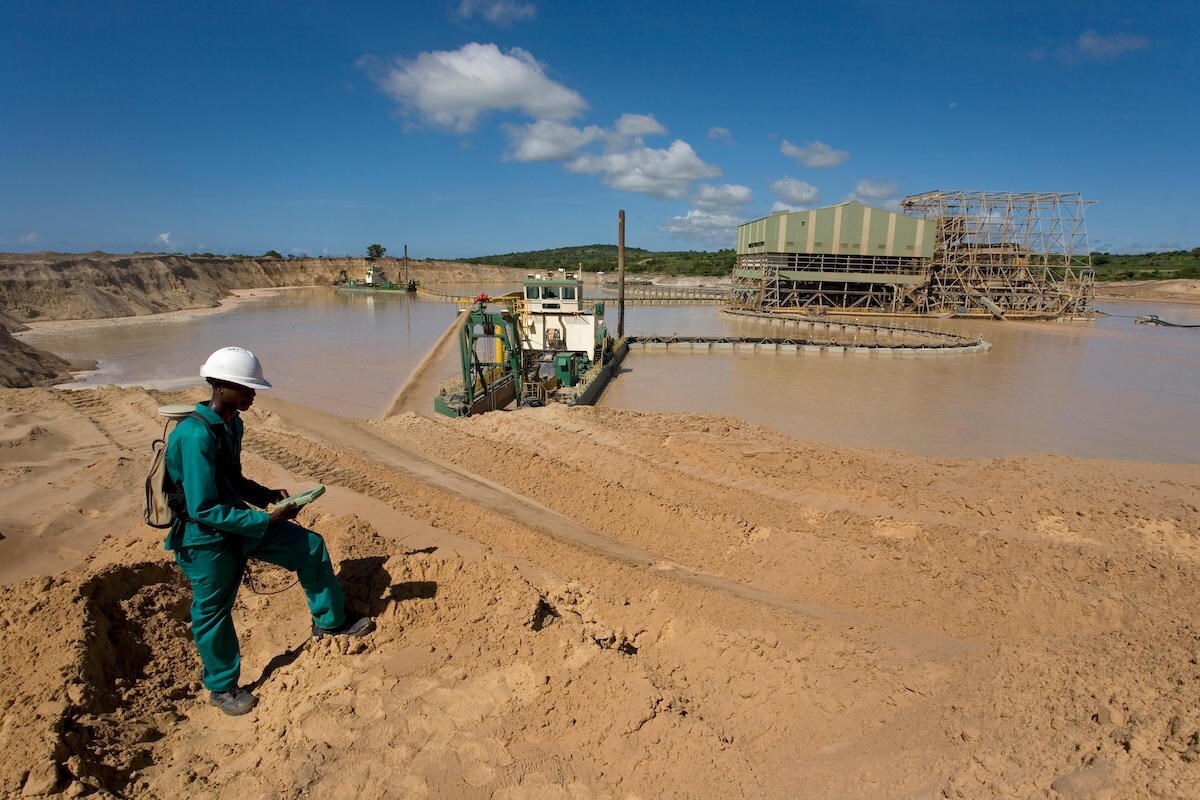您想继续阅读英文文章还
是切换到中文?
是切换到中文?

THINK ALUMINIUM THINK AL CIRCLE

The Malawian government has reportedly banned the export of unprocessed minerals, as the East African nation plans to develop its domestic market for minerals. The restriction, which took effect on 21 October 2025, comes under an executive order signed by Malawi’s President Peter Mutharika. According to the government spokesperson, this is a business imperative because the reliance on the country’s own mineral resources will strengthen the country’s economy by capturing at least USD 500 million through domestic beneficiation while facilitating industrialisation in the country.

Explore- Most accurate data to drive business decisions with 50+ reports across the value chain
Government measures to keep more economic value within Malawi
Officials say the ban is part of efforts to encourage domestic processing and create local industrial activity linked to the mining sector. The restriction of the shipment of minerals in their raw form is an initiative by the government to increase jobs, retain export earnings and develop supporting industries rather than sending resources abroad for refinement.
The order reinforces the administration’s long-standing position that mineral development should support Malawi’s economic growth, particularly through value addition and industrialisation.
Range of minerals included in the ban
The prohibition applies to minerals extracted in Malawi, including uranium and rare earth elements, niobium, graphite, tantalum, bauxite, coal, limestone, phosphate, gold, diamonds, copper and various gemstones. However, the ban does not extend to processed or refined minerals within Malawi, which may still be exported in accordance with the terms and conditions set by the Mining Sector.
Don't miss out- Buyers are looking for your products on our B2B platform
Penalties for breaking the order
Any company or individual found exporting raw minerals in contravention of the order will face fines and other legal penalties. The government has not yet detailed the full enforcement framework, but has indicated that compliance will be closely monitored.
President Mutharika has stated that the effects of the new directive ( export restrictions) will be under direct review of the Ministry. Accordingly, the review team will send regular reports to the presidency on the policy’s economic, industrial, and environmental outcomes.
Must read: Key industry individuals share their thoughts on the hottest topics
Responses








